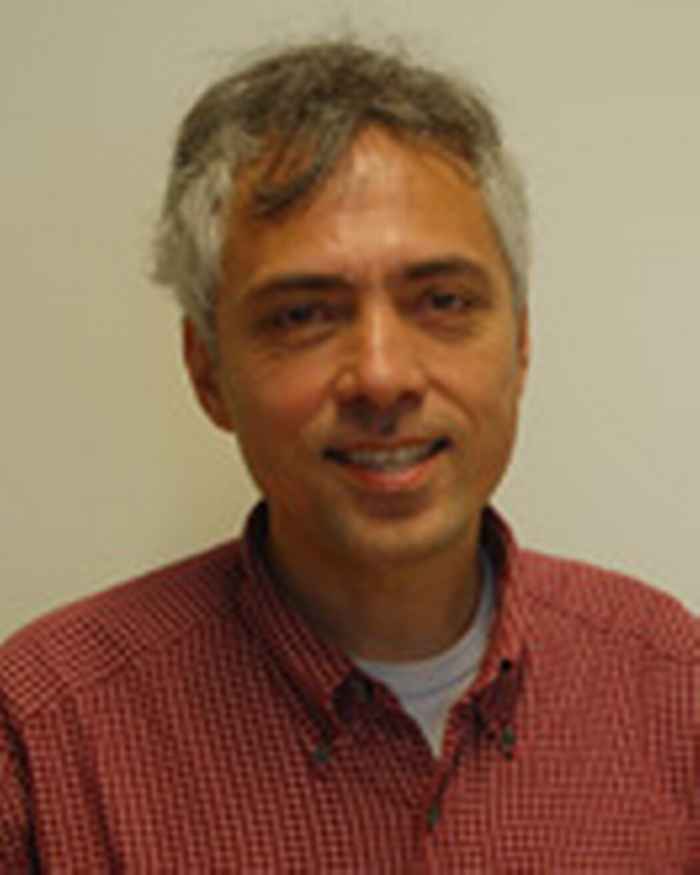'I want to challenge my students with the problems faced by developing countries’

And if that wasn’t enough, his research has appeared in top ranking journals, such as the Quarterly Journal of Economics. Meet full professor Menno Pradhan.
Development Economics
‘When I was just a kid I was always wondering; what's life like across the border? My personal background reinforced this feeling. My mother is Dutch and my father is from Nepal. I always knew I wanted to contribute to this world and to travel. Be part of the solution. Once I graduated, it was time to see more of the world. My professor told me about a job opening at the World Bank in Washington DC and I didn’t hesitate for a moment. The department where I worked did cutting-edge empirical work on development issues. Professors like Paul Gertler and Angus Deaton, who would turn out to be leading scholars, regularly visited the department. After completing my PhD in Tilburg, and 5 years at the VU Amsterdam with a year at Cornell University in New York, I returned to the World Bank office in Indonesia to work there for another eight years.’
Improving Education in Developing Countries
‘I find it important that my research contributes to society. That motivates me to do what I do now. My research interests are in the areas of basic education, early childhood development, community empowerment and health. Many of my studies are focused on Indonesia, as I know the country well. The last five years I worked on a long-term research project financed by RISE (funded by English and Australian donors). In this research we tried to find solutions to improve educational performance in developing countries. In many developing countries, including Indonesia, we observe that children enrol in basic education, but they learn very little while in school. When they graduate, they have a hard time comprehending simple text or doing division. Things that they should have practiced for years according to the curriculum.’
Computer based testing
‘One example of the things we did under RISE is a study on computer-based testing. Indonesia experienced large scale fraud at the national exams. To deal with this, the Government phased in computer-based testing. That means that every student sitting for their exams gets different questions that are directly checked by the computer. So buying answer sheets or teachers doing the exam on the board while students are doing the exam, which was commonplace when the exams were still done on paper, became useless. This was a big success. Our research shows that by using computer-based testing it’s harder to commit fraud. First there was a big drop in the exam score and this was mostly observed in schools where the answer patterns indicated cheating. Later scores went up again. We think this is because students study harder now as they cannot cheat anymore.'

Some professors had a big influence on my career choices, and I would love to be that person for my students
Challenge students
‘I also find it important that my students take their education seriously. So that means actively participating during the lessons and being well prepared. I am happy when I hear stories of former students who got a job working in development or continue their academic career with a PhD. It’s nice when I see students start to share the passion for this work. Some professors had a big influence on my career choices, and I would love to be that person for my students.’
Advice to new students
‘When I talk with new students about Development Economics, one of the questions that I hear a lot is: ‘What about employment opportunities? Will I find a job when I finished my study?’ I believe that when you immerse yourself in something that inspires you, you will eventually learn and grow more. The skills you learn will be applicable in more than 1 context. Besides, developing countries are not as unique as you may think. A lot of what we discuss in the courses also applies to developed countries. For example, in the Netherlands we also have poverty issues and people are worried about intergenerational cycles of poverty. So, my advice to new students is to do what you enjoy, find important and challenges you.’